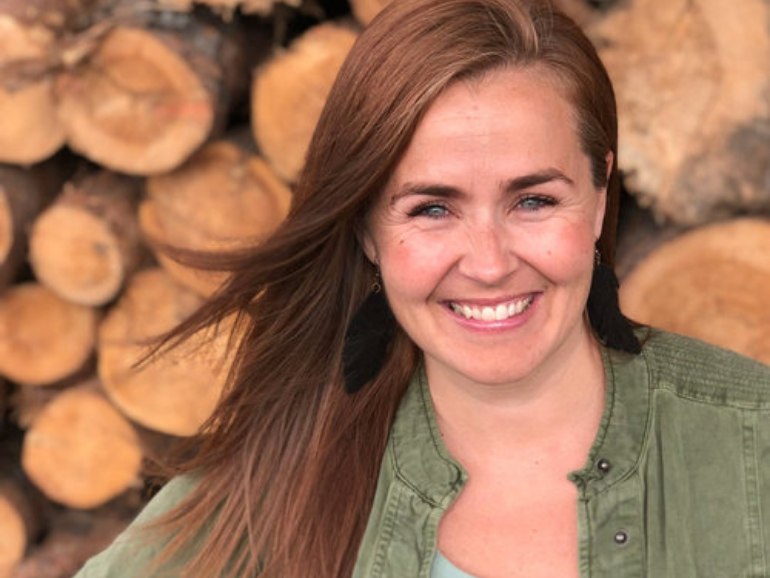The COVID-19 pandemic has brought with it many moments of conflict as family, friends, and neighbours often hold varying views on the many complex issues of the past year.
A local counsellor thinks there are some questions we all should answer when dealing with tense conversations and conflict in relationships specifically relating to the pandemic response.
Daina Funk, director of Rooted Counselling says that conflict and how to do conflict well has been a familiar topic in her counseling practice for a long time. But a spotlight has been shone on it in recent months due to conversations and decisions based on the public health orders and vaccinations specifically.
Funk says there are a variety of factors in a person's life that lead them to make decisions, and assumptions can be made about an individual's response.
Funk says living in a pandemic is new to all of us. 'I think one of the things that makes it difficult, is that none of us has ever experienced anything like this before. And our leadership, they are the first ones having to deal with this and what's the best way and how do we appease everyone?'
When it comes to close relationships Funk says an important question to ask yourself is do I need to be right or do I need to be kind?
'The need to be right over kind will always hurt relationships. With the pandemic, there are so many different decisions that are needing to be made and our individual decisions do actually impact the greater environment around us, whether it's my husband or my children or my closest friends or my family, it affects them.'
Funk suggests that we choose to be kind understanding that decisions are made from a variety of circumstances; a person's family system, personality type, living situation, and season of life to name a few.
She likens it to being curious about people's decisions. '[Ask] questions rather than assuming that we know how someone has made a decision during this time. What are the factors that have gone into those decisions? Do I care enough about that person to understand them, rather than just being angry that they're not doing what I think they should be doing?'
Asking questions needs to come from a desire to show love according to Funk. It's not asking questions to get them to believe what we believe, but asking questions to get answers so that we're not assuming what the other person believes. And when we hear those answers, understand that we don't have to agree.
Agreement isn't the goal says Funk, it's being able to come to terms with the statement 'can I actually be OK that you and I have differing opinions, but I love you and love doesn't mean we are all the same.'
Funk says we need to make a decision on whether we want this conflict to damage our relationships forever or be content saying 'I think I'm on the right side of history and they think they're on the right side of history, but there's actually a lot of other things that we can connect on and I want to choose this relationship in spite of our differences.'
Good family relationships and friendships do require effort and Funk says it also involves a willingness to choose your battles and answering some questions about yourself. 'How come I'm so angry that someone is doing something different than me? Am I assuming things about them? And do I have to be the right one or can I love someone that I don't agree with?'
The bottom line according to Funk is that we need to let go of our need to be right and acknowledge the fact that we've never been in a pandemic before and understand that we're not going to do everything right. Offering grace, love, and care in spite of disagreeing.
We have all had a hard year and Funk encourages us to expand our topics of conversation and take a break from the pandemic talk. 'We don't want our relationship to just be about conflict over covid. There are actually other conversations that are worth having. 'I'm tired of the conversation I want to do well with the things that have been asked of us but to take a break and have other conversations. I've been thinking that we all could use an intentional break from the pandemic. We're still dealing with it, but there are other conversations to be had.'

















